🌐 Systemic change needs accessible tools and connected practitioners.
We've recently updated the RavenWater Learning Circle™ curriculum and we'll soon be adding an an online entry-level format.
You’ll discover how to apply the methods I successfully use with my clients to:
• Identify thresholds in complex systems
• Design scenarios to guide structured decision-making
• Integrate Indigenous Knowledge and western science
• Turn chaos into clarity
Expected Release date: June 2025.Be sure to enter your info below and we'll let you know as soon as registration opens.
Interested in the RavenWater Learning Circle™ or the CFx Playbook? Enter your info below and we'll keep you informed
RavenWater Learning Circle™ Cumulative Effects Training
The vision is humanity in a wise relationship with the environment and the economies people create
Every day we are expanding the skills and self-sustaining capacity of organizations to apply a 2-eyed seeing, holistic approach to cumulative effects assessment, planning, monitoring and decision-making for lands, waters, and communities today and for future generations.
The Raven's View
"Fly with me. See what I see. And you'll know why I'm wildly optimistic about the future."
- Barry Wilson, founder of the RavenWater Learning Circle™
Being In Wise Relationship With the Environment and the Economies we Create
The Environment nourishes people and people create economies. This is a dependent relationship. It is our choice whether our economies regenerate or deplete the environment.
Demand for natural resource development and transportation networks will continue to increase. Human population is forecasted to increase. Per capita consumption is expected to increase. But natural capital is finite.
We know how to evaluate the benefits and costs of individual new project proposals. But this is no longer enough. In order to fulfill our responsibility to take care of the environment and to ensure sustainability for our children and their children, we must take a holistic cumulative effects approach to making decisions today.
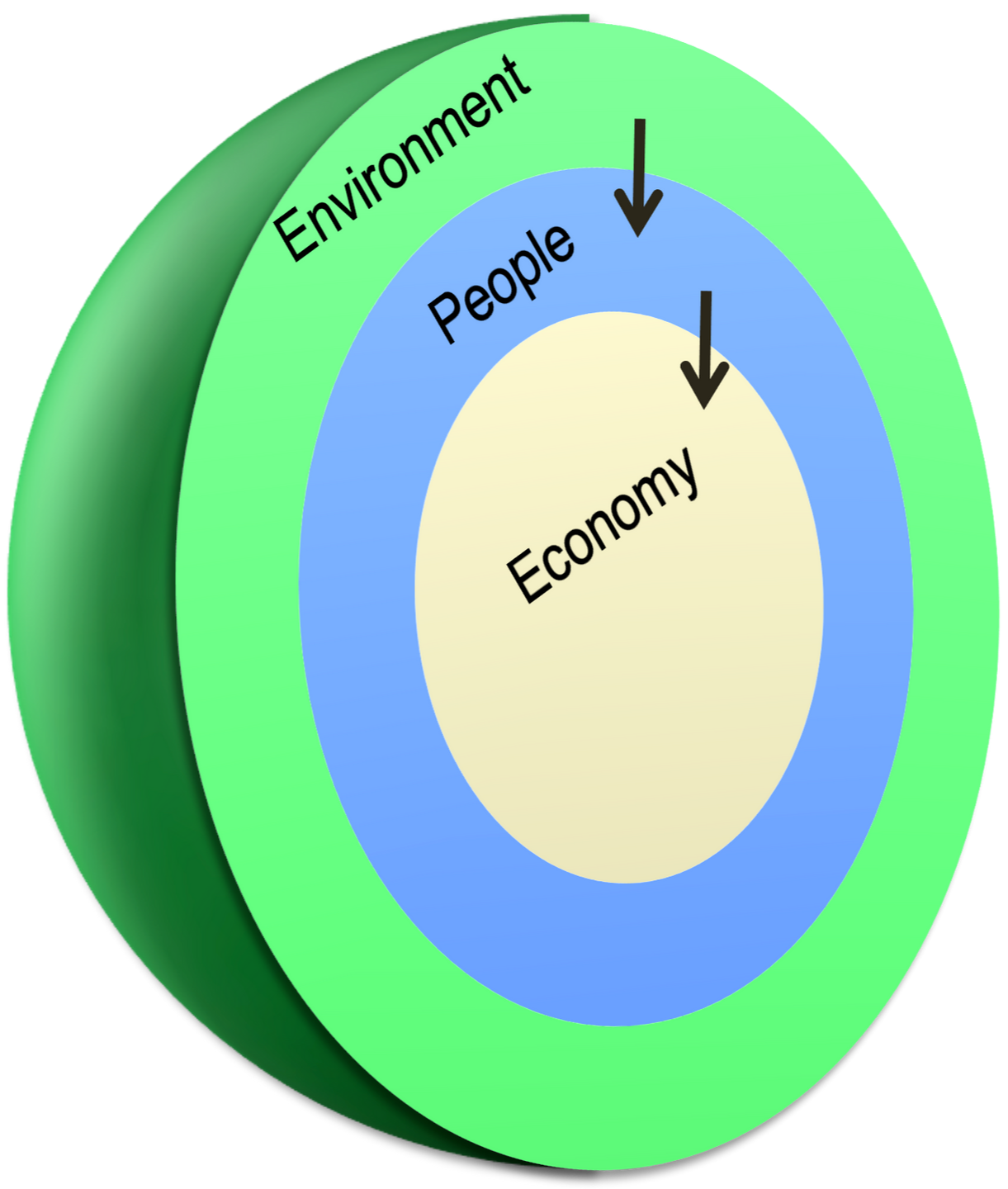
Assessing the cumulative effects of ALL new proposed land and marine projects in combination with all other human land use activities, natural disturbance and now climate change over meaningful time and space - requires 2 key elements:
- a holistic systems dynamics approach, and
- Utilizing two ways of knowing; Indigenous Wisdom and contemporary science
Indigenous people are uniquely suited for a 2-eyed seeing, holistic approach to cumulative effects assessment, planning, monitoring and decision-making in their lands, waters and communities. The more this increases the more all of humanity will benefit by being in a wiser relationship with the Environment and the economies we create. And that's why we created the RavenWater Learning Circle.
Contact UsSuccess Speaks For Itself
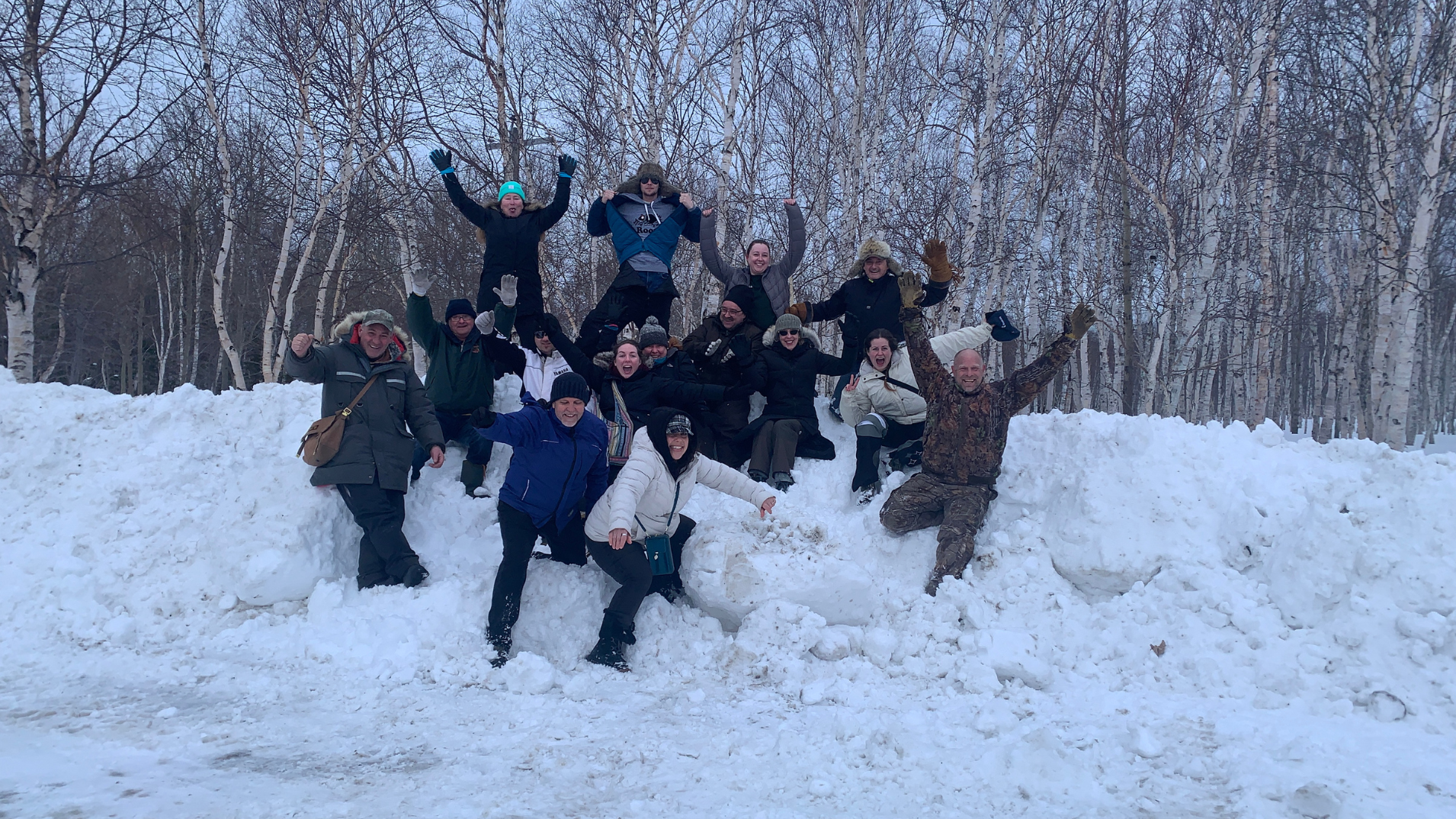
The RavenWater Learning Circle curriculum and learning format are tested and proven. Over the past 3 years 73 Indigenous students ranging in age from 19 - 70+ have successfully completed the Guardian / Practitioner Level 1 course and are applying this knowledge on the land.
6 more students have completed the 4 - month Practitioner Level 2 course and 3 of them now work as cumulative effects practitioners with Indigenous organizations.
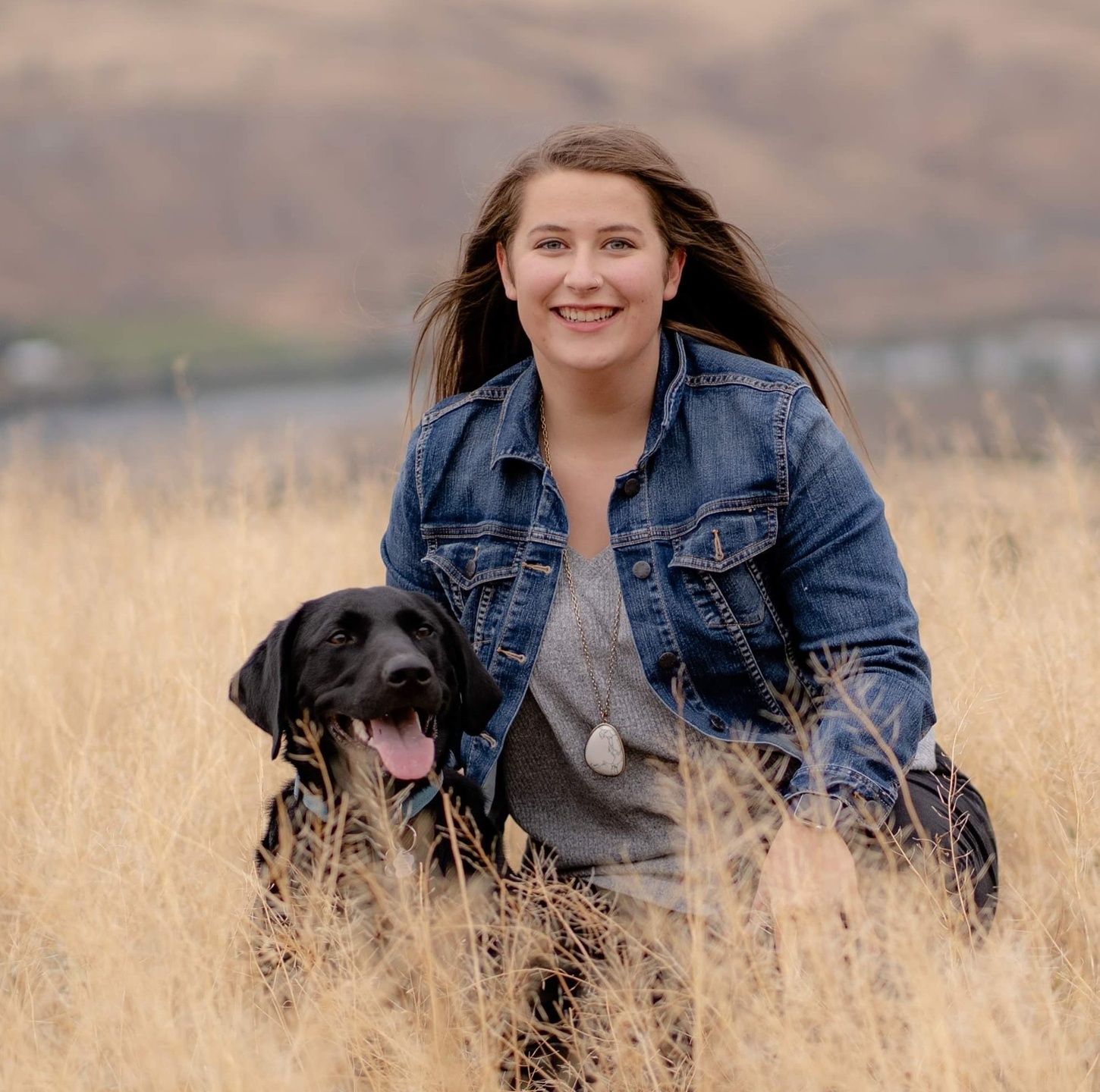
Sophie Collins,
Tmícw Technician, Qwelminte Secwepemc & CFX Technician, CE Analytic Ltd.
"I was able to learn the complex ideas and concepts of CFX through the well-laid out program. The small group sizes allow for the lessons to be conversations and learners to become engaged with the content."
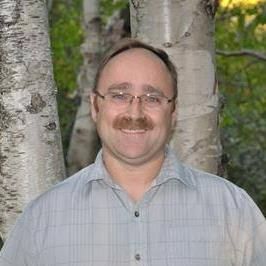
Francis Skeard, BScF, RFP
"Thank you for a very stimulating few days. I came to this event with an open mind to learn and I was not disappointed. Your knowledge of and ability to present the information to a very diverse group of passionate learners has been one of the highlights of my career."
Why it Works
What We Do
The RavenWater Learning Circle™ is squarely focused on building and nurturing self-sustaining capacity in Indigenous organizations to apply a holistic, 2-eyed seeing approach to cumulative effects assessment, planning, monitoring and decision-making in their lands, waters and communities.
How We Do It
We start with the understanding that everything is connected. Then together we follow a unique, structured curriculum specially designed and tested by Indigenous communities interested in expanding their land and water guardians, earthkeepers and supporting individuals who want to expand their cumulative effects career and become a practitioner.
We’re Different
We answer the why
Cumulative Effects is complex and dynamic. The secret to unleashing your creativity to find better solutions others can’t or haven’t seen is to align your personal priorities and purpose with your work. We help you do that.
We bushwack
We go off the beaten trail together to find innovative, creative, and better answers to the complex challenges of cumulative effects.
We use 2-eyed seeing
We help you use Indigenous Knowledge and western contemporary science
We know you are the best at applying your cultural knowledge
We go on the land and listen
We have respect for ‘all our relations’ and understand our responsibilities as caretakers
We don’t just tick boxes
We are focused on long-term legacy and partnership, not short-term project approvals
We like circles more than A to B
We understand that the environment nourishes people and people create economies, and that this is a dependent relationship. We explore systems dynamics and seek to develop regenerating economies, not depleting ones.
We Prioritize Increasing Capacity
Our top priority is increasing Indigenous capacity for cumulative effects assessment, planning, monitoring and decision-making
We don’t suffer from shifting baseline syndrome. We use estimates of conditions in the pre-European Contact era as the baseline because that is when the dominant systems were resilient and stable for thousands of years. Other time markers are useful reference points.
We want you to do the assessments
We are invested in you as a long-term partner and are intentional about helping you build self-sustaining capacity.
We fly like Raven
High above the mountains to see the big picture and down low at treetop where we can see through the forest.
When you see this way, you will be wildly optimistic about our future.
RavenWater Learning Circle™ Programs
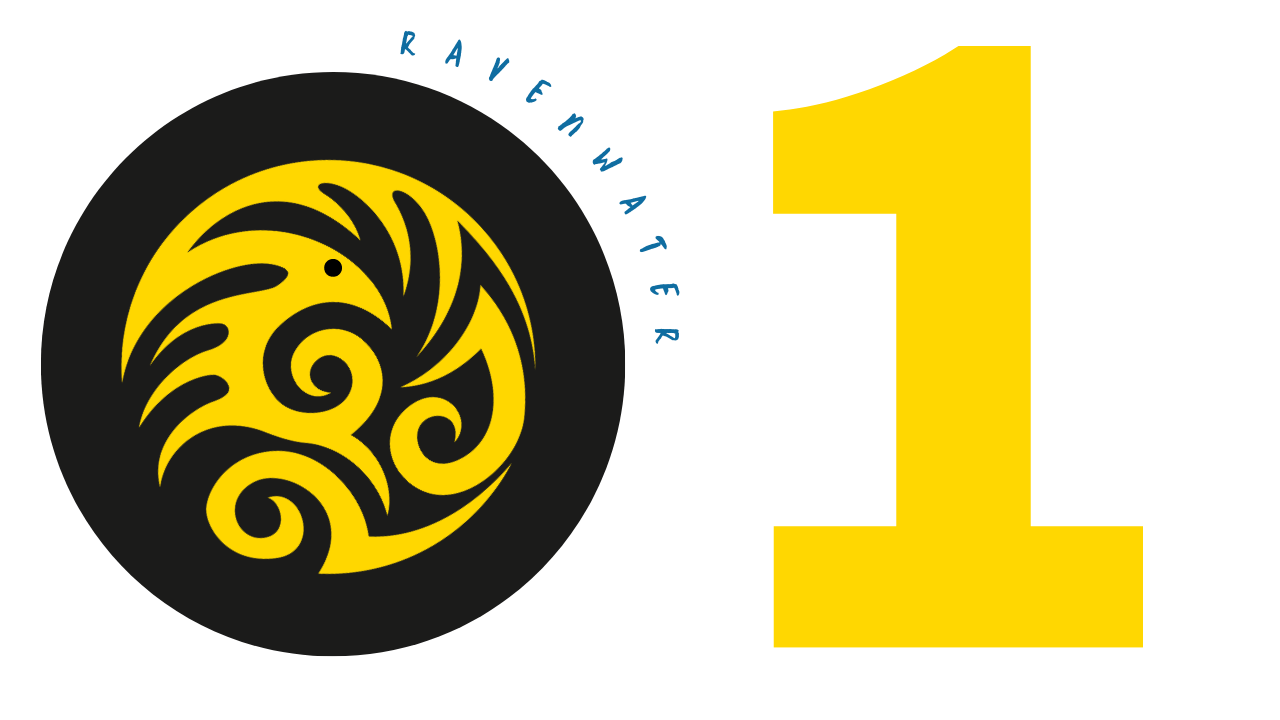
Guardian / Practitioner Level 1
Course Timing: Spring & Fall.
Format: 4-day intensive, in-person workshop
- Instruction/learning with Barry Wilson (Systems Ecologist) and Ryan MacDonald (Hydrologist)
- Small group format
- Lots of one-on-one learning opportunity and group engagement
- Graduating Certificate
Additional Learning Materials
- Secure, private access to the RavenWater Learning Circle online portal
- video instruction/tutorials, case studies and suggested reading
- Monthly meetups on zoom with alumni students
- 6 - months free access to the CFX Library
Prerequisites
- 18 years old or older
Highly beneficial to have:
- Working or want to work in natural resource management
- Have highschool or higher education
Key Curriculum Topics Covered
- Cumulative Effects and System Dynamics
- Regional strategic and local tactical planning
- Indigenous, Federal, Provincial and International Cumulative Effects Law
- Cumulative Effects Project Management Best Practices
- Scenario Planning design documentation and process
- Modelling environmental, social and economic values
- 2 eyed-seeing - Indigenous Knowledge & western contemporary science
- Selecting Assessment Performance Indicators (Values)
- Determining Meaningful Time & Space
- Terrestrial landscapes and hydrology
- Linking Field observations and models
- Integrating different software platforms
- Structured decision-making
- Monitoring & model validation
- Case Study Review
- On-the-land learning if feasible (weather, location, etc.)
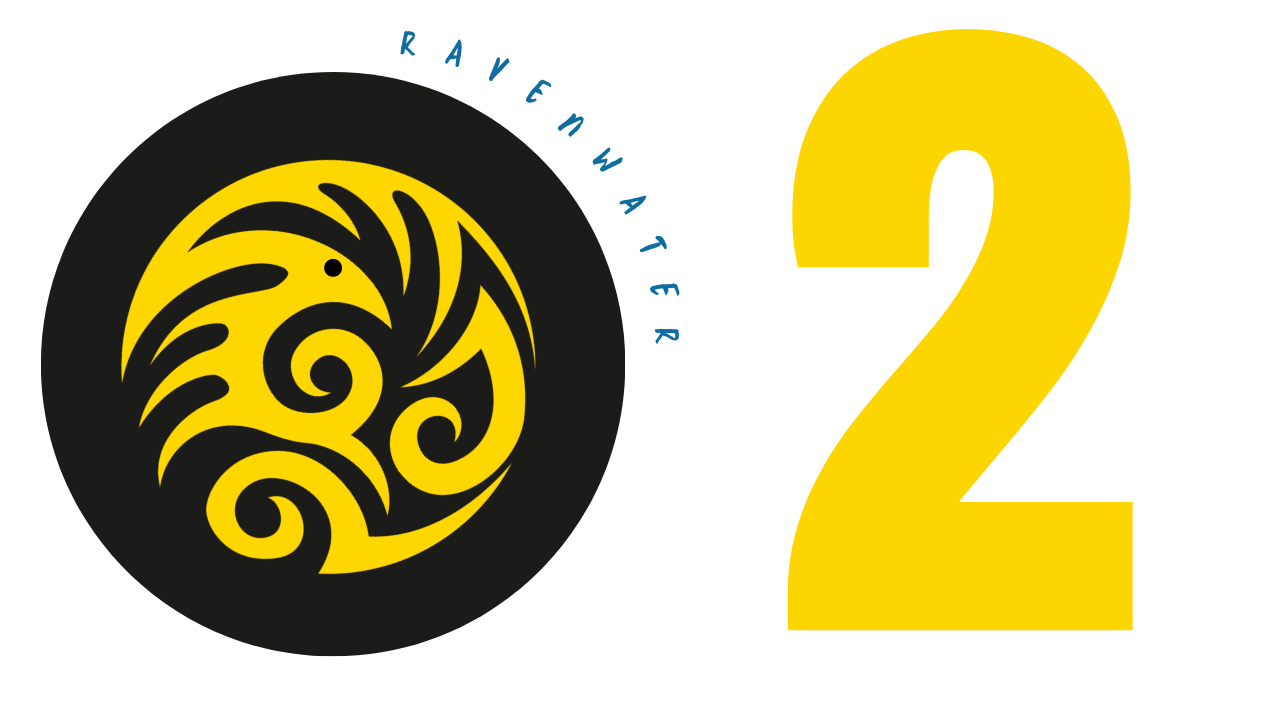
Practitioner Level 2
Course Timing: Winter
Format: 3 month term, one-on-one intensive instruction.
Foundational training and mentorship in future leaders to walk on two legs by using scenario planning and holistic cumulative effects assessment to guide decision-making utilizing Indigenous Wisdom and western contemporary science.
- Instruction/learning with Barry Wilson (Systems Ecologist) and Ryan MacDonald (Hydrologist)
- Small group format (maximum of 10 students) with group engagement
- Personalized Practicum Project
- Graduating Certificate
Prerequisites
- Guardian / Practitioner Level 1
- Selected as a candidate via application process
Highly beneficial to have:
- Strong fundamentals in math, especially algebra
- Research experience
Program Syllabus Overview
E-Learning Secure Website Design and Content
- Secure e-learning website design and programming
- Student technical support
- Lesson videos
- Weekly lecture recordings
- Reading assignments
- Homework assignments
- Module Quizzes
Live Classroom Theory Learning
- System dynamics
- Walking on two legs (two-eyed seeing) utilizing two ways of knowing: Indigenous Knowledge and western contemporary science
- Climate Change
- Land use planning
- Hydrology
- Cumulative Effects assessment law (Indigenous, Federal, Provincial, Municipal)
- Environmental assessment practice and procedures
- Holistic scenario planning
- Computer simulation modelling case study examples using the ALCES Online model and the Raven Hydrology Framework
CFX Modelling Practicum
- Individual project charters by each student focusing on a cumulative effects project in their area of interest.
- Cumulative Effects indicator selection
- Mapping indicator impact hypothesis
- Designing a scenario planning experiment to explore the solution space including narratives and characteristics of:
- an estimate of the pre-European contact or pre-industrial baseline Range of Natural Variation
- the historic transition to current state
- alternative future scenarios to evaluate management strategies
- sensitivity analysis design to assess risk and uncertainty including the potential climate change scenarios
- Analysis and interpretation techniques and methods
- Developing a structured decision-making consequence matrix of alternatives
- Support students to develop presentations for their organization/community
On The Land Learning: Students / Elders / Knowledge Keepers / Instructors
- Time on the land examining:
- Land use footprints
- The connections of water to everything
- Natural disturbance
- Climate change
- Translating observations to machine language
- Exploring opportunities to apply this knowledge through two ways of knowing to make better decisions today.
The Faculty
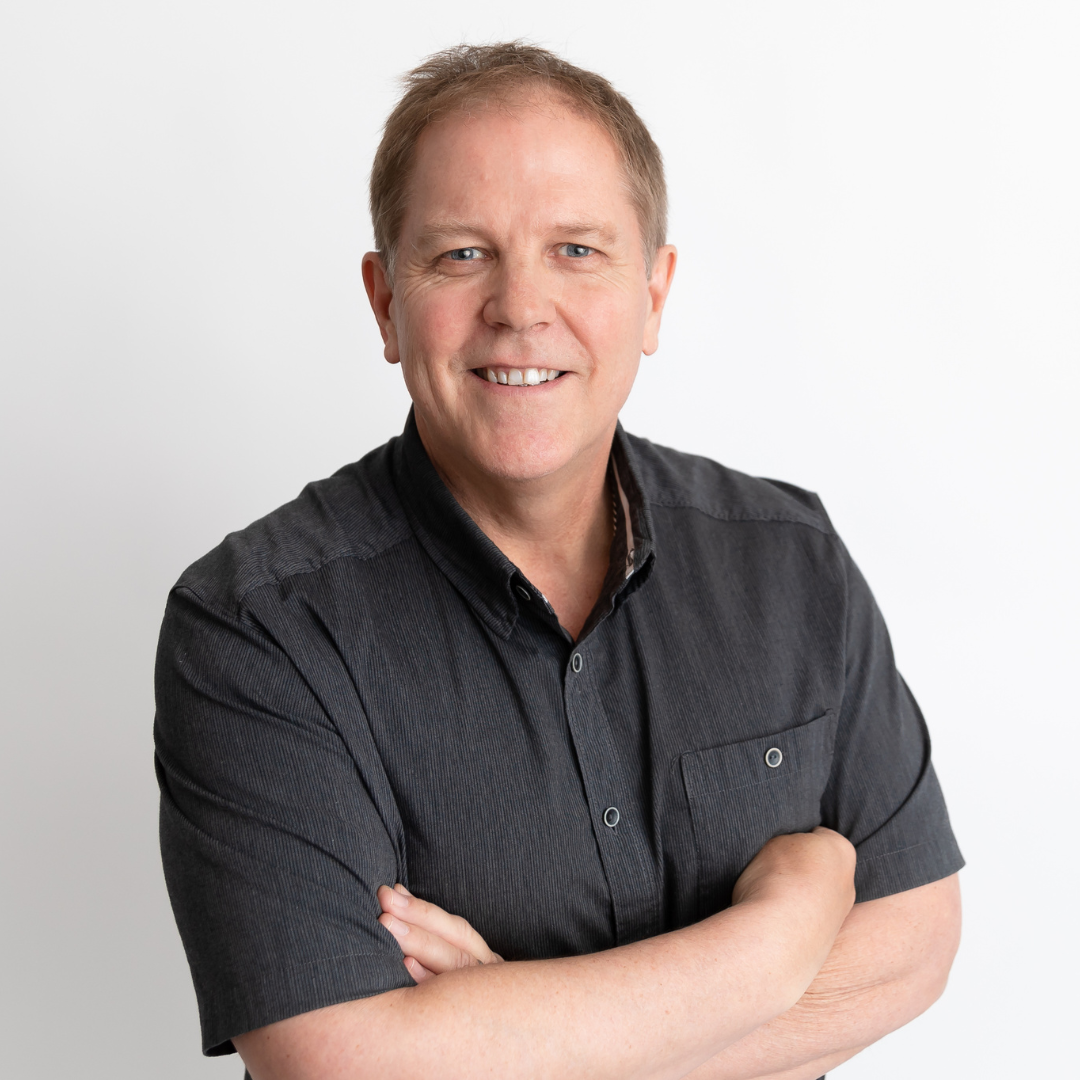
Barry Wilson, RPF
- Role - RavenWater Lead Instructor
- Responsibilities: Project Manager, Course Design and Delivery, Content
Barry has focused his career on the developing discipline of cumulative effects for the past 22 years. Drawing upon over 3 decades of professional practice in the Indigenous, industrial, government, and the consulting sectors,
Barry works closely with many Indigenous communities and has led several precedent-setting Indigenous-led holistic cumulative effects assessments for major infrastructure projects in Canada.
Barry is currently serving his 3rd year on the national Indigenous Center for Cumulative Effects Technical Advisory Committee and is co-founder and President of the registered charity BC Tomorrow helping students learn about sustainability in their own watersheds.
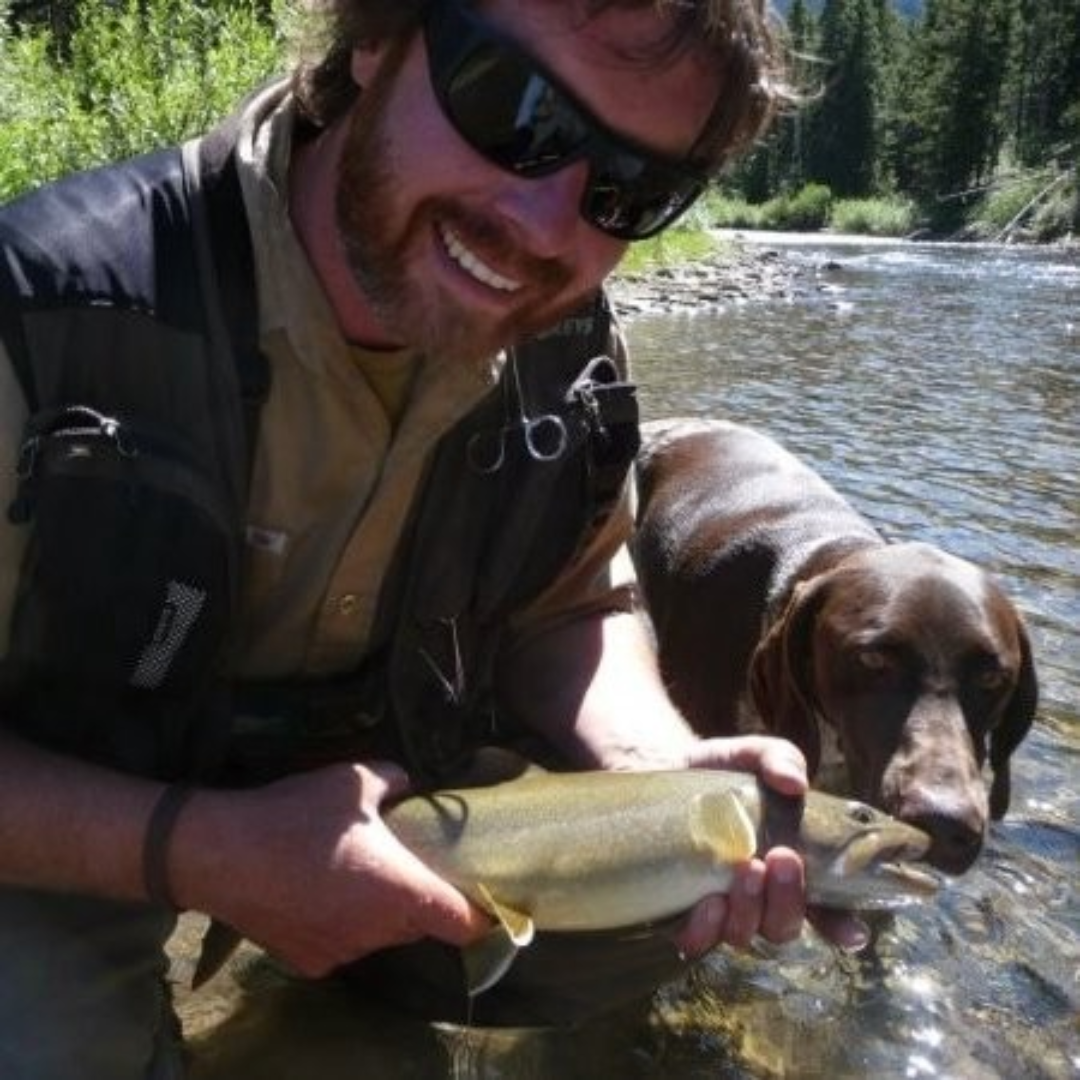
Ryan MacDonald, PhD
- Role – RavenWater Hydrologist, session instructor
- Responsibilities: Hydrology lectures recorded and live, and potentially a site visit contributor
Ryan is a hydrologist specializing in process-based hydrology and the interactions between water resources and aquatic ecosystems. He uses this core knowledge to address complex issues at the intersection of human land use, climate, and the natural environment.
This background enables him to pursue research questions that can be applied in a practical management context and provide guidance to federal, provincial, and First Nation governments.

Karen Wilson, Writer, Speaker
- Role – website, registration, student care, venue, travel planning, workshop support and video
- Responsibilities: Online learning platform development and maintenance, student registration, waivers and care, workshop coordinator, video capture
Karen is a highly experienced expert in developing and delivering workshops and courses live in-person and online with the Kajabi education platform.
Karen’s experience with cumulative effects and natural resource management programs and events is deep including coordination and delivery of the annual CFX Conference for 3 years, development and maintenance of the www.bctomorrow.ca web platform, and numerous customized online portals for CE Analytic clients and initiatives.
Guest Faculty So Far
- Barry Stevens, President, Stevens Solutions & Design Inc.
- Dr. Jill Blakley, PhD, MCIP, RPP, CLC
Vice Dean Faculty Relations, Interim | Associate Professor
